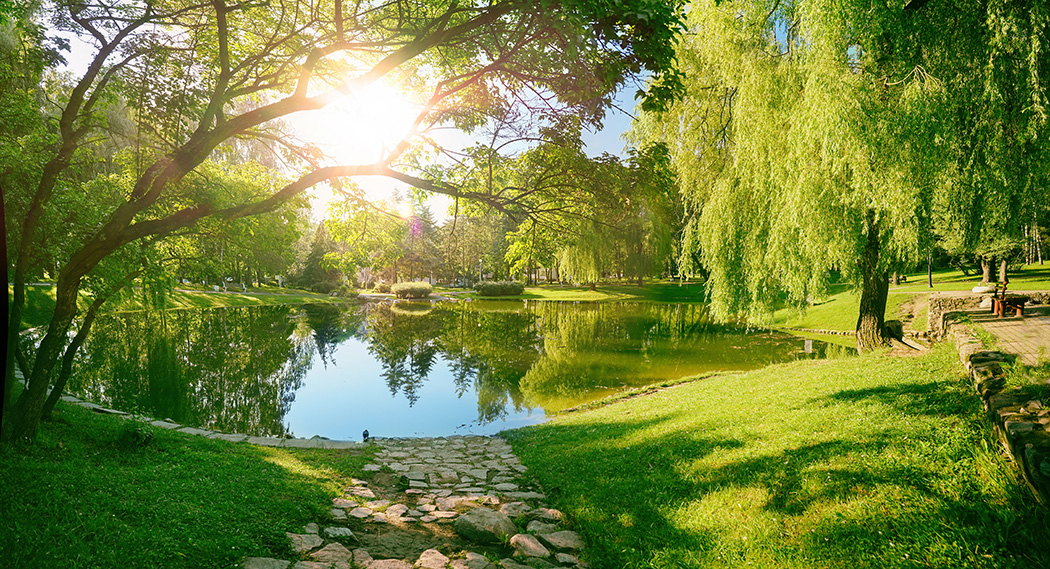


It tells the story of a rich man whom Allah blessed with two beautiful and luxurious gardens. It is believed that the rich man’s lush gardens consisted of grape vines, surrounded by date palms. The gardens also yielded maximum output and the rich man did not have to lift a finger for irrigation as Allah SWT provided a river in the gardens. Apart from the gardens, the rich man’s wealth included gold, silver, horses and carriages.
One day, the rich man and his companion had a conversation, where the rich man boasted about his wealth and children. On a side note, wealth and children are mentioned together in the Quran as they signify worldly status. However, the Quran warns that the blessings are not necessarily the signs of Divine Favor and cannot protect one against Divine Punishment.
Despite receiving the blessings and rizq from Allah SWT, the rich man became arrogant and boastful. He opined that all of his blessings were the results of his own hard work. The rich man became ungrateful and did not attribute his wealth to Allah.
The rich man assumed that the wealth he had at that point were everlasting. He was engrossed with the paradise of the world that he did not care about the real paradise i.e. Jannah. The rich man was also doubtful of the Hereafter or resurrection as he was enjoying the paradise in this world. Despite his doubt of the Hereafter or resurrection, the rich man was confident that if he were to be resurrected, he would find something better than his abundant gardens. The rich man also believed that his wealth and good fortune belonged to him on the basis of his own personal merit and assumed that the merit transcends death. Therefore he expected to enjoy wealth and children in the Hereafter as well.
While the rich man spoke so highly of himself, inadvertently insulting his companion, the companion remained silent. However, the companion could not accept the man’s insult of Allah SWT. The companion advised the rich man against being ungrateful to his Lord and reminded the rich man of his origins as of all human beings.
The companion also declared that he would not associate any partners with His lord. This was in relation to the rich man attributing the success of his lush gardens to himself thus, making himself an idol besides Allah.
The companion also reminded the rich man to be less arrogant and have more humility when he entered his garden. The companion suggested that the rich man should be grateful to Allah SWT and ascribed to the blessings.
MasyaAllah La Quwwata Illa Billah
What Allah willed [has occured]; there is no power except in Allah
Surah Al-Kahf
Despite having been insulted by the rich man, the companion accepted his qadr and believed that Allah SWT will grant him something better.
As the companion warned the rich man of Allah’s punishments due to the rich man’s arrogance, the rich man’s gardens were destroyed. Consequently, the rich man felt remorseful and regret.
From this parable, we learn that wealth is also a test from Allah as He is testing the recipient of wealth on their gratitude. Secondly, we also learn that things of this world are temporary and transient. All the pleasures and riches of the world are short-lived. Therefore, when they are available, one must thank Allah and spend on the ones who don’t have the worldly pleasures available to them.
May Allah keep us all away from arrogance and plant seeds of gratitude in our hearts.